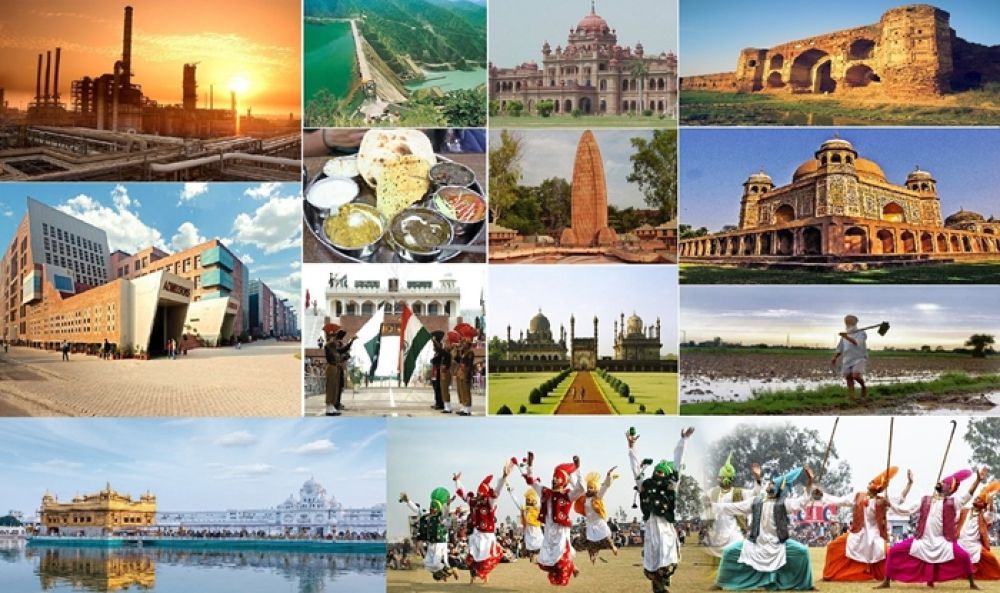

Punjab, the land of five rivers and the birthplace of Sikhism, has a rich cultural heritage and a deep historical significance that has attracted tourists from all over the world for many years.
Punjab has been a cradle of civilization for thousands of years, with a history that goes back to the Indus Valley Civilization. The state's tourism history began with the exploration of ancient sites like Harappa and Rupnagar, which are of great archaeological importance. Travelers from various parts of the world visited Punjab to delve into its ancient past and understand the region's contribution to human history.
The foundation of Sikhism by Guru Nanak in the 15th century and the subsequent establishment of the Sikh Empire under Maharaja Ranjit Singh in the 19th century brought Punjab into the limelight. The Golden Temple in Amritsar, also known as Sri Harmandir Sahib, has been the most significant draw for religious tourists seeking spiritual enlightenment and cultural experience.
In the 20th century, especially post-independence, the state government took several initiatives to promote tourism in Punjab. This included the development of infrastructure such as roads, hotels, and other tourist facilities.
In recent years, the government established the Punjab Heritage and Tourism Promotion Board to give tourism a new dimension, focussing not just on religious but also cultural, heritage, and eco-tourism.
In the 21st century, tourism in Punjab has diversified. Cultural festivals, such as the Lohri, Baisakhi, and the Patiala Heritage Festival, have gained popularity among international visitors, showcasing the vibrancy of Punjabi culture.
The state has also been promoting Farm Tourism, where tourists can experience the rural life of Punjab. Visitors can stay in farmhouses, participate in farming activities, and enjoy traditional Punjabi cuisine.
Another trend is the rise in Historical and War Tourism, with sites like the Jallianwala Bagh and the Wagah Border attracting people interested in the history of India's independence and partition.
An emerging trend has been the push for Adventure Tourism with activities like paragliding in Bir Billing and river rafting in the waters of Punjab, appealing to the younger, adventure-seeking crowd.
Tourism has significantly impacted the state's economy, creating jobs and spurring growth in the service sector. It has also led to the preservation of cultural heritage and historical sites which are crucial components of Punjab's tourism allure.
Sustainable Tourism is a key focus area for the state, with attempts to balance the economic benefits with environmental and cultural conservation.
Punjab, with its rich tapestry of history, culture, and religion, continues to offer a multifaceted tourism experience. The historical evolution and recent trends reflect a vibrant sector that adds to the unique charm of this northern state of India. As the world of travel and tourism evolves, so does Punjab, adapting and transforming to offer new experiences to global tourists, while preserving its essence.